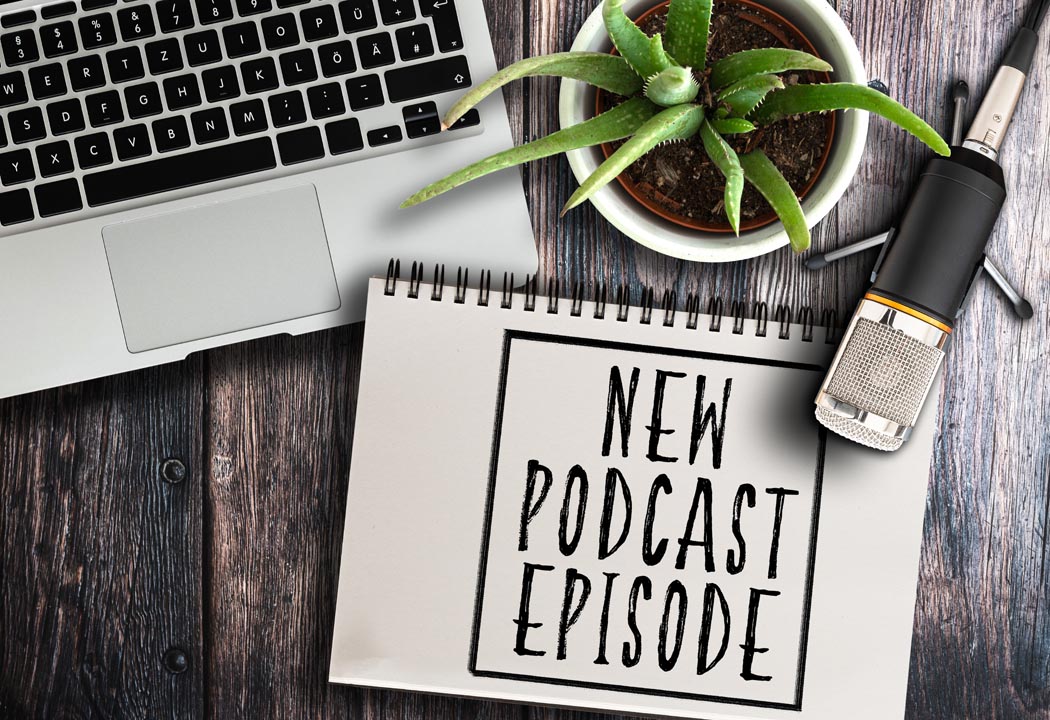In a VUCA world, talent makes the difference, says David Robertson.
Those who tolerate risk are also those who venture outside their comfort zone. Photo credit: Fotolia
In a VUCA (Volatile, Uncertain, Complex and Ambiguous) world, nothing is certain. Often, ambiguous situations and conditions can be volatile, and complexity is increasing or finding new forms to impact how we do business.
More Features
In this world, the ‘experts leading from the front’ are not particularly effective at managing, as the uncertainty and ambiguity makes it more difficult for leaders to scan the horizon and plot the course for the organisation, function or department.
Nowadays, you need to cultivate the talent within the whole organisation, not just those at the top, so they experience the VUCA context in different ways and are not fazed by volatility. Rather, they help leaders to get a complete picture of the situation to move forward. But is your talent ready and able to help your organisation navigate in a VUCA world?
Talent selection and development activities in most organisations are often structured using a set of competencies or behaviours that are important for success in the role, but don’t always take account of how to apply that behaviour in a changing context.
The key to developing talent to be successful in a VUCA world is to focus not just on the competencies for the role, but also on the environment in which they will be working. Your talent needs to be able to do several things.
Be comfortable with ambiguity
Ambiguity impacts planning, decision-making and clarity and often results in the need for more exploration and evaluation. Some people are comfortable with ambiguity, while others who crave structure may find it difficult to work with ‘soft’ plans and strategies, so L&D and leaders need to work together to help talent deal with ambiguity or ‘walk in the fog and be comfortable with it.’
Forum’s research in 2005 on Leading Change shows that the best way to get talent to accept uncertainty is by developing people who can anticipate the future. Encourage talent to spend time thinking about the future and its impact on themselves and their team. Increase their knowledge about the future and their awareness of potential situations and events that could impact individuals, teams and how they do business. Invite them to look beyond your typical sources and resources for ideas, points of view and information.
Those who tolerate risk are also those who venture outside their comfort zone, are aware of their own ability to adapt in a variety of situations, and venture beyond the boundaries of information and ideas to satisfy more than their immediate needs.
Show that failure is an opportunity for learning and encourage talent to make riskier decisions as well as exercise curiosity so they expand their repertoire of personal experience. Also, teach them to perceive difficulties as less challenging, and ensure they remain determined to make things happen and focused on the end goals, even when faced with unsettling circumstances.
Flexible and adaptable
Your talent needs to be adaptable and flexible when planning and executing in a VUCA world – ‘in the old days we had a plan and stuck to it, now we plan to re-plan regularly whenever we get new information.’
Planning has become more iterative and so you need to help your talent understand how and why strategies and plans adapt, the assumptions they need to contain in an uncertain world and why we need to check these assumptions regularly and then update the plans as new information is obtained.
Successful course correction depends on the efficacy with which the team collects and reviews information about the initiative as it progresses and makes changes to enhance strategy execution.
To build adaptability into the planning process, L&D must empower talent to be able to establish effective measures of progress and success, and create control systems that take into account the reactions and concerns of people affected by the plans or strategy.
Talent must be able to conduct regular, meaningful progress reviews to stimulate learning and cultivate experience while making the needed adjustments and course corrections to plans and strategies.
Build commitment
The VUCA lens distorts the dynamic world we experience. Therefore, L&D and leaders must regularly check in with talent to ensure they are building commitment with colleagues and customers and they have alignment and focus on working towards the agreed end goals (albeit transitory) to build and sustain momentum.
For talent to build, sustain, and re-energise commitment, teach them four key techniques that work especially well in a VUCA context:
- Demonstrating empathy – the ability to attune yourself to the feelings and thoughts of others, to accept them without judgment and, most importantly, to acknowledge that you understand. Empathy is the foundational technique of these four, and it is critical to creating and maintaining commitment.
- Reframing – the ability to help others see the opportunities in all situations, even negative ones. Reframing relies heavily on the same skill you use to improve your own internal monologue. It helps you externalise the monologue. Reframing helps people to see past barriers, take effective action and create momentum.
- Imaging – the reason why storytelling works. Much has been made of storytelling in the leadership literature. Imaging is a broader-based technique that allows those of us who are not natural-born storytellers to reap emotional benefits. Imaging is a technique that allows us to create vivid mental pictures in the minds of others.
- Authentic communication – a way of creating trusting communication among all people in the organisation. It relies heavily on the other three techniques.
Open and growth mindset
Next, talent should demonstrate an open and growth mindset, they need to be open to change and see the possibilities and opportunities as well as the challenges.
To do this they need an open approach, considering all the possibilities and not rushing to judgment.
They should be open to continuous learning (self, team and business), and have a ‘will do’ and ‘can do’ attitude with a willingness to experiment and evaluate new ideas. They need to lead with innovation, learn by cultivating their own and others’ experiences, reframe to find the positive, and identify and communicate opportunities to success.
A growth mindset is also key to influencing your inner voice – telling you what you can achieve – and is especially important in a VUCA world.
Empowerment
Your talent also needs to actively seek empowerment to experiment and evaluate the way forward and know what to do with it when they have secured it. It is easy in a VUCA world to sit back and wait for someone else to figure it out, but what talent needs is the ability and confidence to confront VUCA and not be scared of it.
VUCA presents challenges and opportunities, if you are experiencing VUCA so are your competitors and colleagues.
To make the difference your talent needs to know how to acknowledge VUCA and how it impacts the business and themselves, find ways for your talent to be more in control of the planning and execution of goals and strategies.
You may also want to consider how you engage your talent to encourage everyday innovation to plan iteratively, reduce complexity and become more proactive. Use all the sources of feedback available to help them to make sense of the way forward and to make changes when appropriate. This involvement will help them to build stronger ownership even though the final destination may be less clear.
In our VUCA world, old business structures and disciplines are changing and it is increasingly difficult to lead from the front. Therefore, the talent in the business at all levels needs to be empowered and energised to navigate to success. Develop talent with the capability to manage their roles and the territory or context, and you will create a business that is equipped to succeed.
About the author
David Robertson is an executive consultant at Forum, a TwentyEighty company. Find out more at forumemea.co.uk



